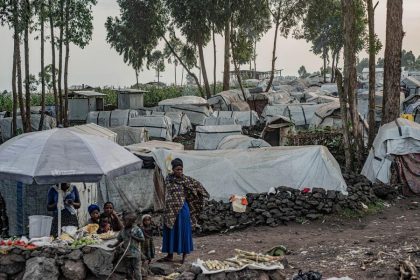Rwanda is reaping big following the relaxing of migration policy since 2013 when all holders of African passports arriving in the country began receiving visa upon arrival.
“The gains are enormous and this policy has not created any major security challenge to Rwanda nor has the level of criminality increased in the country due to Africans getting visas on arrival,” says Rwanda’s Minister of Justice and Attorney General, Johnston Busingye.
Minister Busingye was addressing 200 experts and Ministers that gathered in Rwanda this month. They were deliberating on opportunities that offer migration and free movement of persons in Africa and mitigating challenges.
Anaclet Kalibata, the Director General of Immigration and Emigration, says that by opening borders to all other Africans, there was an increase of 14% of people visiting the country entering from borders and airports.
According to Directorate of Immigration and Emigration, Rwanda, the number of tourists in Rwanda was 1.1 Million visitors in 2013 when the visa upon arrival policy was introduced.
The number of African visitors tripled to 3,030,057 in 2015 and 3,297,976 last year.
African nationals that transited via Rwanda increased to 1,157,171 last year from 970,152 in 2015.
“I don’t see any unusual constraints with this policy as opening borders did not stop security organs from doing their job. As we allow people in, we make sure they are protected and they cannot provoke insecurity in the country,” said Kalibata.
Minata Samate Cessouma, Commissioner for Political Affairs of the African Union said, “We won’t achieve Africa’s integration objectives if we don’t allow free movement of persons, goods and services on the continent.”
With the Abuja Treaty Establishing the African Economic Community (AEC) of 1991 signed and ratified by all African countries, the Continental Free Trade Area (CFTA), the ongoing protocols on Free Movement of Persons and the Agenda 2063; Minister Busingye believes that a growing number of African countries have realised that “facilitating the free movement of Africans within their mother continent is essential in our collective journey towards the Africa we want.”
The ADB and partners 2017 report indicates that 47 countries have improved or maintained their visa openness scores.
Free movement and the African passport emanate from the 1981 African Charter on Human and Peoples’ Rights as well as the 1991 Treaty on the Establishment of the African Economic Community, as a key integration issue. src: KT Press
The Express News










